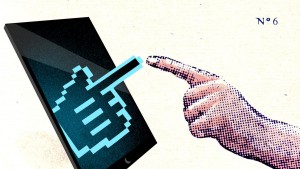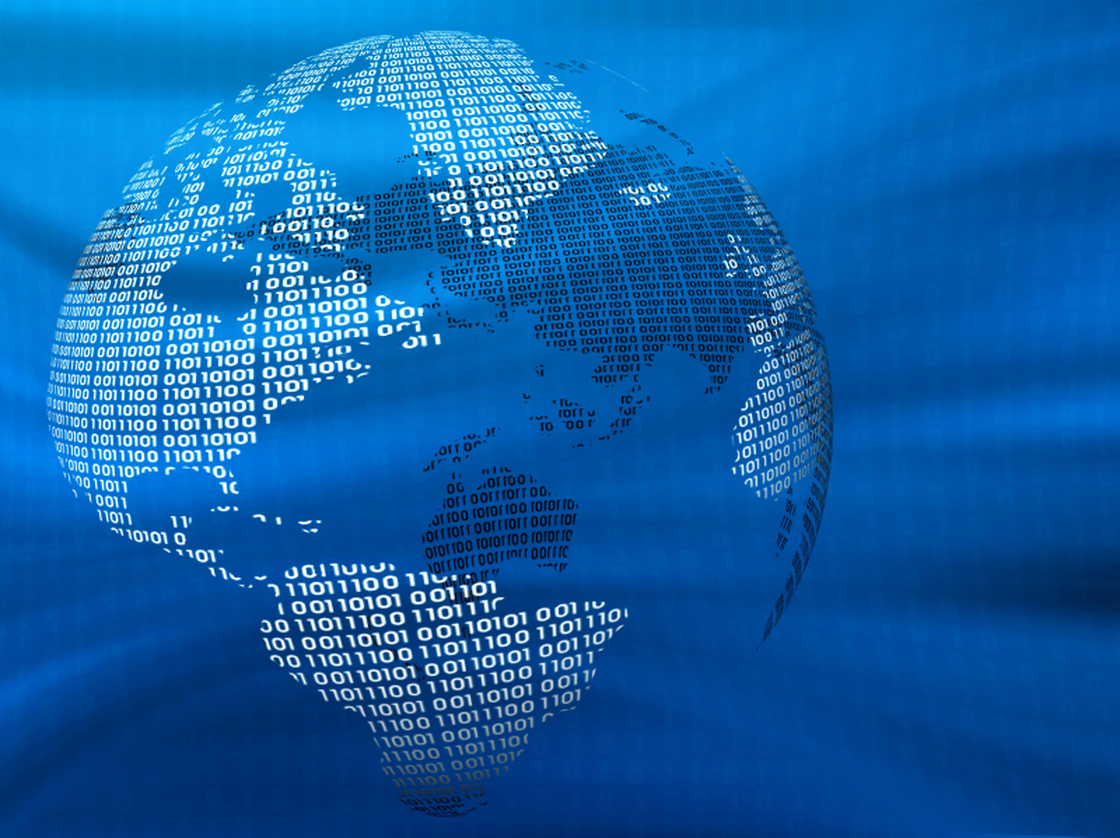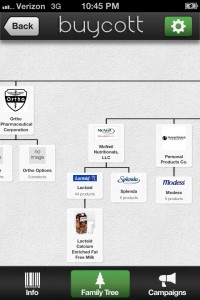 This is a big question with a multitude of answers. NPR’s new program/podcast Invisibilia answers with three stories. The first one looks at the big picture with questions about artificial intelligence, wearable computers, and the possibilities for human/computer co-evolution. The other two stories look at specific, personal, right-now examples of human character changes as a result of digital technology.
This is a big question with a multitude of answers. NPR’s new program/podcast Invisibilia answers with three stories. The first one looks at the big picture with questions about artificial intelligence, wearable computers, and the possibilities for human/computer co-evolution. The other two stories look at specific, personal, right-now examples of human character changes as a result of digital technology.
npr.org/programs/invisibilia/385792677/our-computers-ourselves
Category: 9.4 From Cyberspace to Infosphere
 The Internet was created in the US, but you’d never know it based on the quality and price of service US Internet users get. In this NPR Fresh Air interview, author and professor Susan Crawford explains why US service is so slow, so expensive, and so inadequate for building future prosperity.
The Internet was created in the US, but you’d never know it based on the quality and price of service US Internet users get. In this NPR Fresh Air interview, author and professor Susan Crawford explains why US service is so slow, so expensive, and so inadequate for building future prosperity.
npr.org/blogs/alltechconsidered/2014/02/06/272480919/when-it-comes-to-high-speed-internet-u-s-falling-way-behind
 Did you ever wonder who gets your money when you go shopping? You may, without knowing it, be donating your hard-earned cash to people and corporations who use it to fund campaigns that go against your beliefs and values. This Forbes article describes Buycott, a smart phone app that can instantly reveal the secret origins of the items in your shopping cart. Whether you’re concerned about a cleaner environment or a more equitable society or something else, technology can help you vote with your wallet every time you shop.
Did you ever wonder who gets your money when you go shopping? You may, without knowing it, be donating your hard-earned cash to people and corporations who use it to fund campaigns that go against your beliefs and values. This Forbes article describes Buycott, a smart phone app that can instantly reveal the secret origins of the items in your shopping cart. Whether you’re concerned about a cleaner environment or a more equitable society or something else, technology can help you vote with your wallet every time you shop.
forbes.com/sites/clareoconnor/2013/05/14/new-app-lets-you-boycott-koch-brothers-monsanto-and-more-by-scanning-your-shopping-cart/
ted.com/talks/don_tapscott_four_principles_for_the_open_world_1.html
It’s easy to get lost in the details of our increasingly netcentric lives and forget about the big picture. In this inspiring TED talk, Don Tapscott explains with concrete examples and beautiful analogies how the Internet is helping create a new age of openness and collective intelligence.